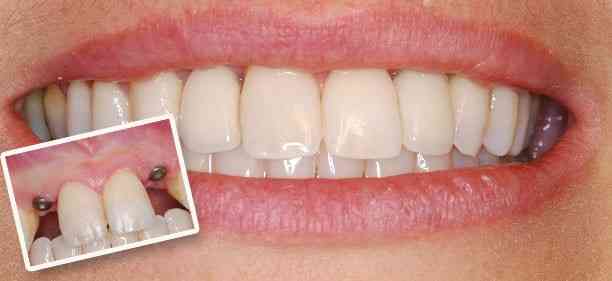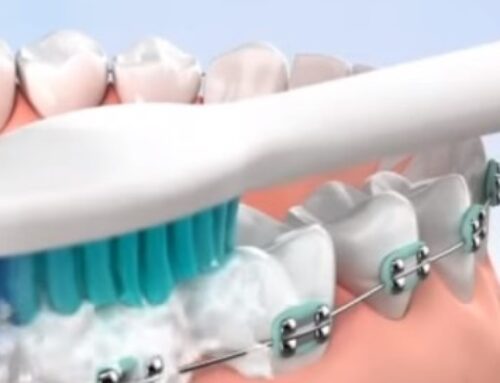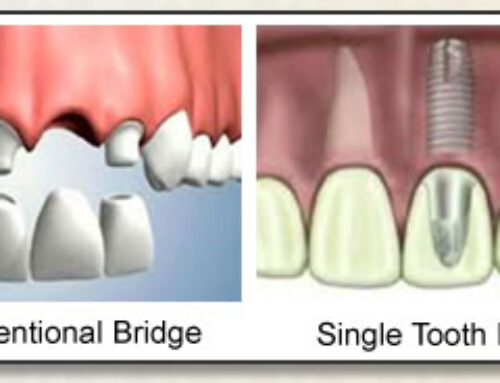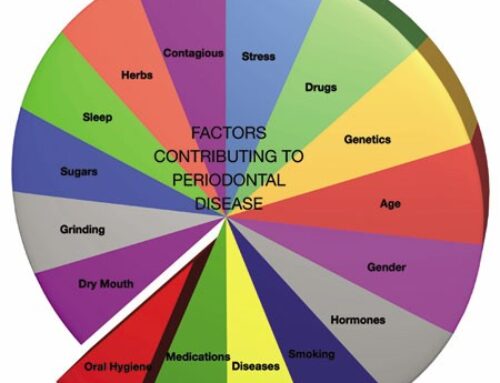The average adult has 32 teeth, a combination of molars, canines, and incisors. By middle age, however, most adults are missing at least one tooth due to an injury, decay, or gum disease. Though many people choose to forgo tooth replacement, your dentist will tell you that every tooth is important. Each plays a vital role in the structure of the mouth and in relationship to the remaining teeth. Leaving the space where a tooth once stood can have serious consequences. There are many reasons why severely decayed or missing teeth should be replaced as quickly as possible.
• Speech: A missing tooth can negatively affect the way you speak, depending on its location.
• Bite changes: The loss of one or more teeth can cause the redistribution of bite pressure onto other teeth. Over time, this can cause the teeth to shift and move into the space the tooth once held.
• Gum disease: Shifting teeth can make it easier for plaque to accumulate in hard-to-reach places. This can increase the risk of gum disease, which can lead to additional tooth loss.
• Bone loss: The teeth are place-holders in the jaw. When one falls out and is not replaced, the bone that once surrounded it begins to deteriorate and wear down.
• Aesthetics: A missing tooth leaves a visible gap between the teeth and can be a source of embarrassment and insecurity.
Advancements in modern dentistry have made it easy to replace missing teeth using natural-looking and functioning prosthetics. Dental implants are permanent solutions for replacing missing teeth with the use of special rods that are anchored in the jaw bone. These implants serve as artificial tooth roots that fuse with the jaw over time. When cared for properly, most dental implants can be fitted to last a lifetime.





